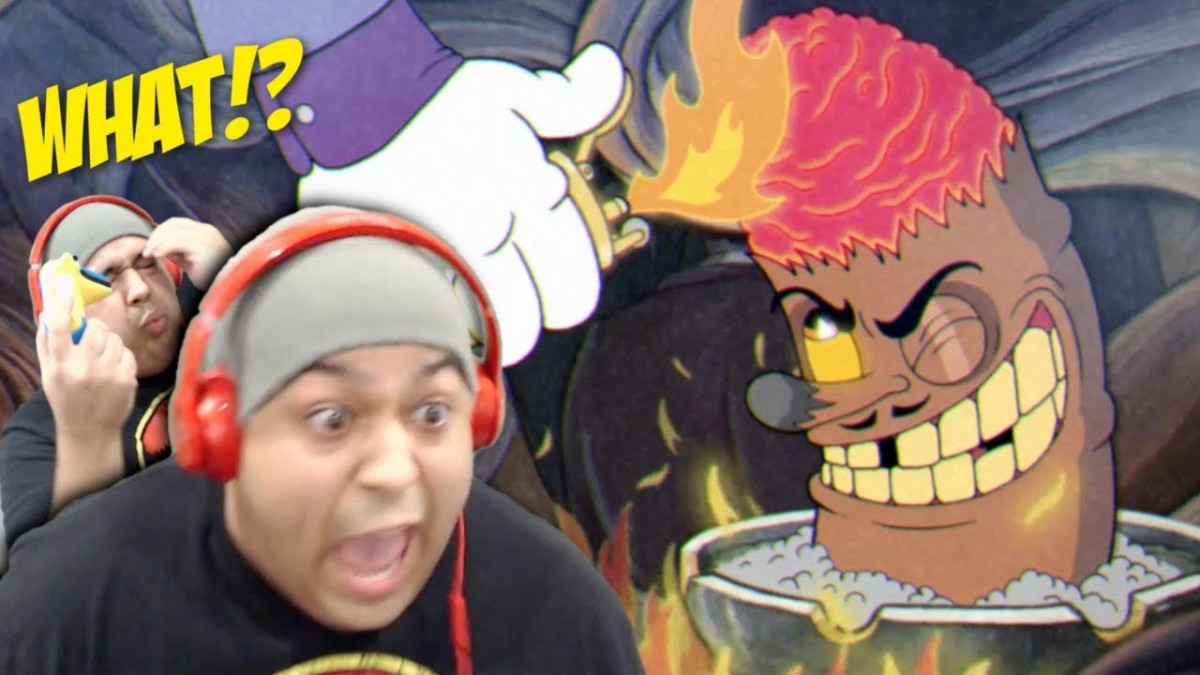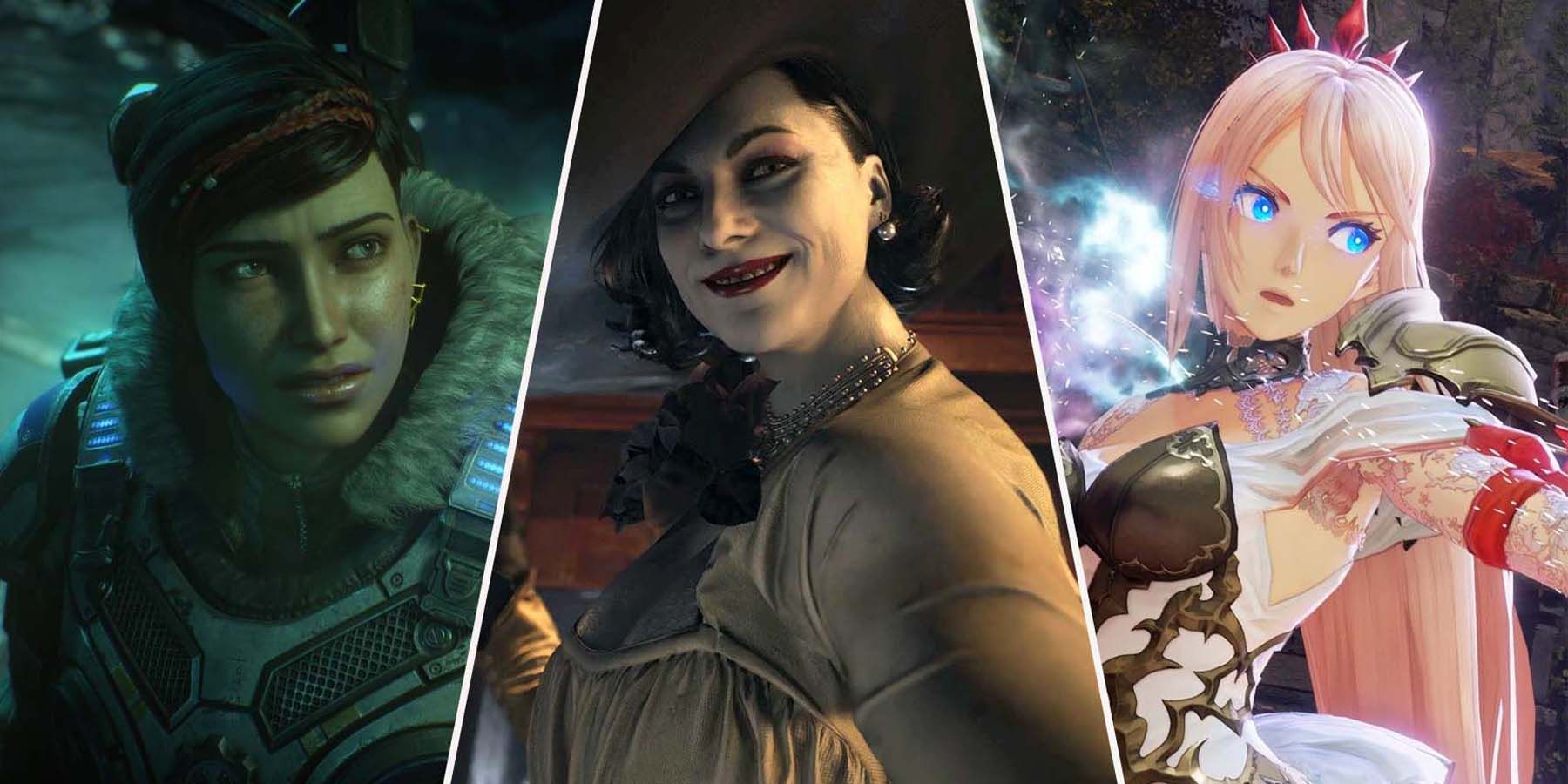

This version was added to the later pressings of their 1996 international debut album and on the 1998 re-release of the US debut album. This version was featured on the early release of their 1996 debut album and is featured on the 1997 debut US album.Ī year and half after it was recorded, Max Martin was flown to London in August 1996 to re-record the second verse with Nick Carter at Battery Studios.

The original recording of the song features Brian Littrell singing both verses. People Magazine called it a "peppy" ballad, noting that "despite a tinge of melancholy in the group's harmonies, one can't help smiling." Bob Waliszewski of Plugged In said that on the song, "the singer longs to return to days before insensitivity and manipulation threatened to destroy the friendship." Polish magazine Porcys listed it at number 96 in their ranking of "100 Singles 1990-1999", calling it a "clever" ballad. A fourth big UK hit beckons." Gerald Martinez from New Sunday Times described it as "bittersweet". Greg Kot from Chicago Tribune said that on "Quit Playing Games (With My Heart)" and "As Long As You Love Me", "the boys embodied teen-dream vulnerability." A reviewer from Music Week rated the song three out of five, viewing it as "a warm, mid-tempo, but somewhat unexceptional, R&B number. Cheiron would refine and evolve the formula in the years that followed, but here we have it in its purest form. It expertly weaves together a distinctive guitar melody with shimmering ‘90s pop production (and a pseudo- R&B beat) to create a song that glistens with a halcyon sunniness from start to finish. Critical reception ĪllMusic editor Stephen Thomas Erlewine wrote that the "slick production adds luster to the singles "Quit Playin' Games (With My Heart)" and " As Long as You Love Me", making them as irresistible as teen pop can be." Larry Flick from Billboard noted that the song "cruises at a sweet jeep/funk pace, leaving plenty of room for a romantic lead vocal and layers of smooth harmonies." Can't Stop the Pop commented, "This is very much the archetypal Backstreet Boys mid-tempo, which laid the groundwork for many of their subsequent hits.

The background vocals in the song, besides McLean's self-harmonization on the bridge, consisted of Brian Littrell and Kevin Richardson, who decided to finish the song while the other members were having lunch. The song ultimately succeeded without MTV support. The group also wanted to reshoot the music video, but the label refused, arguing that they only planned to market towards radio, not video. Jive president Barry Weiss claimed that the other serious contenders included " Anywhere for You" and " All I Have to Give". The single was not the label's first choice to release for the group's US return, as they initially wanted to release the Mutt Lange-produced "If You Want It to Be Good Girl (Get Yourself a Bad Boy)", but the band argued against it, claiming that it was one of their worst songs. They unexpectedly finished the song in just two days and decided to record "Quit Playing Games (with My Heart)" immediately afterwards. The remaining band members were brought over to Stockholm for a week to record " We've Got It Goin' On" in late June 1995. Initially, Nick Carter, aged 15 at the time, was unable to sing on the recording of the song as he was undergoing puberty.


 0 kommentar(er)
0 kommentar(er)
